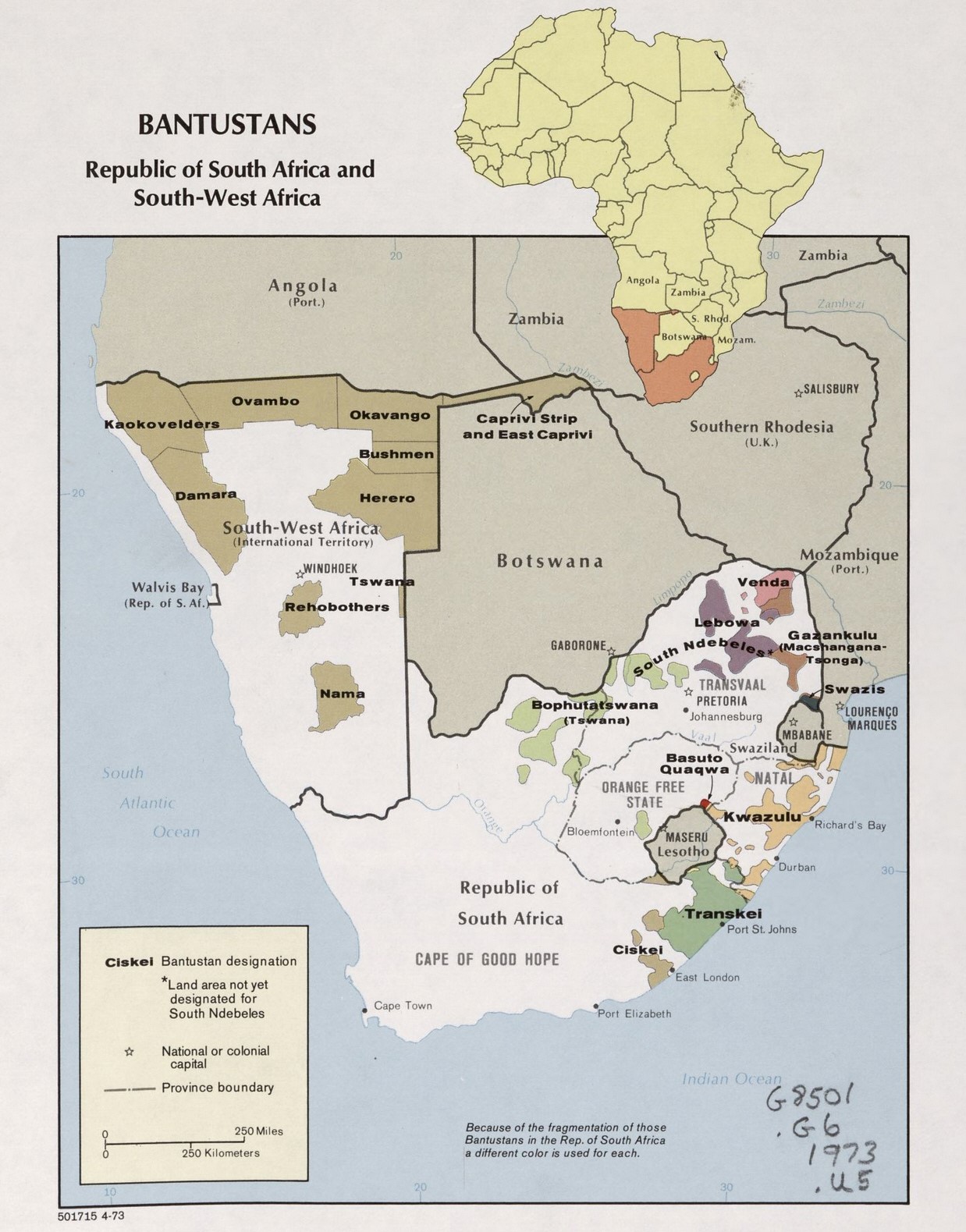President Of Ciskei on:
[Wikipedia]
[Google]
[Amazon]
 This article lists the leaders of the TBVC states, the four
This article lists the leaders of the TBVC states, the four




World Statesmen – South Africa (South African Homelands)
ref>The dates and designations given on the sites ''World Statesmen'' and ''Ruler''s are partially inaccurate. {{DEFAULTSORT:TBVC leaders Political office-holders in the South African bantustans Heads of state of South African bantustans Chief ministers of South African bantustans South Africa history-related lists Lists of South African people TBVC
 This article lists the leaders of the TBVC states, the four
This article lists the leaders of the TBVC states, the four Bantustan
A Bantustan (also known as Bantu homeland, black homeland, black state or simply homeland; ) was a territory that the National Party administration of South Africa set aside for black inhabitants of South Africa and South West Africa (now ...
s which were declared nominally independent by the government of the Republic of South Africa during the period of apartheid
Apartheid (, especially South African English: , ; , "aparthood") was a system of institutionalised racial segregation that existed in South Africa and South West Africa (now Namibia) from 1948 to the early 1990s. Apartheid was ...
, which lasted from 1948 to 1994. Their independence was not recognized outside South Africa.
The bantustans with nominal independence were namely: Transkei
Transkei (, meaning ''the area beyond he riverKei''), officially the Republic of Transkei ( xh, iRiphabliki yeTranskei), was an unrecognised state in the southeastern region of South Africa from 1976 to 1994. It was, along with Ciskei, a Ba ...
(1976), Bophuthatswana
Bophuthatswana (, meaning "gathering of the Tswana people"), officially the Republic of Bophuthatswana ( tn, Riphaboliki ya Bophuthatswana; af, Republiek van Bophuthatswana), was a Bantustan (also known as "Homeland"; an area set aside for mem ...
(1977), Venda
Venda () was a Bantustan in northern South Africa, which is fairly close to the South African border with Zimbabwe to the north, while to the south and east, it shared a long border with another black homeland, Gazankulu. It is now part of the ...
(1979) and Ciskei (1981), hence the abbreviation TBVC.
The TBVC states were reintegrated into South Africa after the first post-apartheid general election in 1994.All Bantustans (both nominally independent and self-governing) were dismantled and their territories reincorporated into South Africa with effect from 27 April 1994, in terms of section 1(2) and Schedule 1 Schedule 1 may refer to:
* Schedule I Controlled Substances within the US Controlled Substances Act
* Schedule I Controlled Drugs and Substances within the Canadian Controlled Drugs and Substances Act
* Schedule I Psychotropic Substances within t ...
of the Constitution of the Republic of South Africa, 1993
The Interim Constitution was the fundamental law of South Africa from the first non-racial general election on 27 April 1994 until it was superseded by the final constitution on 4 February 1997. As a transitional constitution it required th ...
, the so-called "Interim Constitution" which abolished apartheid in South Africa. The text of this Interim Constitution, which came into force on 27 April 1994, coinciding with the beginning of the first democratic elections, is available online at Constitution of the Republic of South Africa, 1993 as of 27 April 1994.
List
Transkei
Heads of state
Heads of government
Foreign ministers
Bophuthatswana
Heads of state and government
Foreign ministers
Venda
Heads of state and government
Foreign ministers
Ciskei
Heads of state and government
Foreign ministers
See also
*Bantu Authorities Act, 1951
The Bantu Authorities Act, 1951 (Act No. 68 of 1951; subsequently renamed the Black Authorities Act, 1951) was to give authority to Traditional Tribal Leader within their traditional tribal homelands in South Africa. This legislation, succeeding t ...
* Promotion of Bantu Self-government Act, 1959
The Promotion of Bantu Self-Government Act, 1959 (Act No. 46 of 1959, commenced 19 June; subsequently renamed the Promotion of Black Self-government Act, 1959 and later the Representation between the Republic of South Africa and Self-governing T ...
* Bantu Homelands Citizenship Act, 1970
The Bantu Homelands Citizenship Act, 1970 (Act No. 26 of 1970; subsequently renamed the Black States Citizenship Act, 1970 and the National States Citizenship Act, 1970) was a Self Determination or denaturalization law passed during the aparthei ...
* Bantu Homelands Constitution Act, 1971
The Bantu Homelands Constitution Act, 1971 enabled the government of South Africa to grant independence to any "Homeland" as determined by the South African apartheid government. In accordance with this act, independence was eventually granted to ...
Notes
References
External links
World Statesmen – South Africa (South African Homelands)
ref>The dates and designations given on the sites ''World Statesmen'' and ''Ruler''s are partially inaccurate. {{DEFAULTSORT:TBVC leaders Political office-holders in the South African bantustans Heads of state of South African bantustans Chief ministers of South African bantustans South Africa history-related lists Lists of South African people TBVC